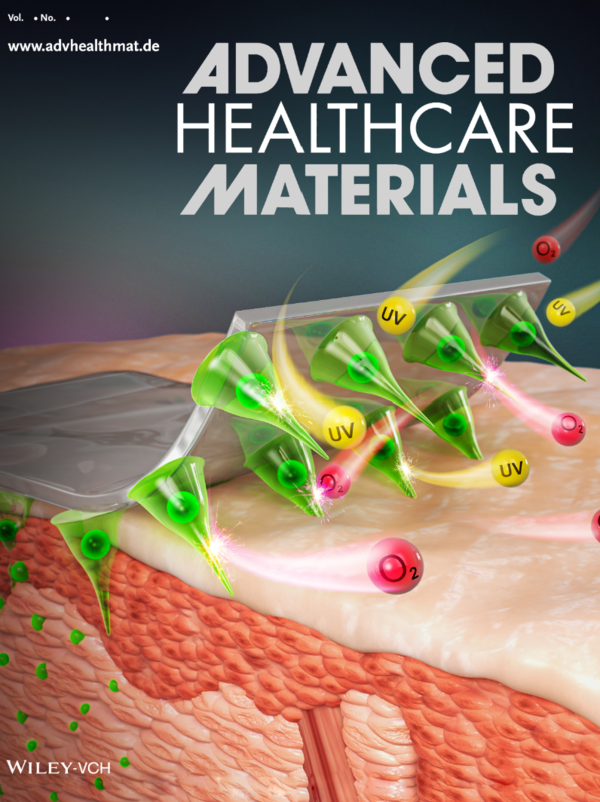Juvic, a microneedle drug developer, said on Friday that it has successfully developed a new patch-type diabetes treatment called an egg microneedle (EMN) to overcome the limitations of existing dissolvable microneedles (DMN).

The research team led by Professors Jung Hyung-il of the Biotechnology Department at Yonsei University developed a technology that can increase stability by quantitatively delivering liraglutide. Liraglutide is a type 2 diabetes mellitus (T2DM) treatment that can significantly reduce the risk of glucose-dependent hypoglycemia compared to insulin.
However, it is burdensome for T2DM patients to frequently be injected with liraglutide, even with once-a-day subcutaneous (SC) injections. Accordingly, DMNs have emerged as a promising substitute for SC injection and for improving patient convenience.
Still, these DMNs provide low drug delivery due to incomplete insertion and loss of drug activity during DMN fabrication.
By mimicking the role of albumin in eggs, the EMN microneedle technology operates on the principle that the yolk of an egg is protected by the white, and the drug mounted on the yolk layer is safely protected from the external environment to minimize the risk of drug degeneration. Additionally, the EMN designed with three functional layers can be completely inserted into the skin, making it possible to maintain the maximum activity of the loaded compound.
"In order for diabetics to easily manage diabetes on their own, it was a prerequisite to compensate for the shortcomings of existing microneedle technology," Professor Jung, co-CEO of Juvic said. "Through EMN technology, we expect to apply this microneedle technology to various drugs that could not be mounted on previous DMNs."
"Based on the results of this research, we will continue to develop new medicines that significantly improve the drug activity and delivery of existing microneedles," Juvic co-CEO Yang Hui-suk said. "In particular, we will focus on commercializing microneedles for vaccines and hormonal drugs where quantitative loading and delivery of drugs is important."
The results of the study were published as a cover paper in the international journal, Advanced Healthcare Materials.
Related articles
- Juvic develops micro-pillar tunnel stamp with 5-fold improvement over topical drugs
- [Vaccine Innovation] Microneedle vaccine patches to the rescue
- Abion, Raphas prove strong antibody production with low-voltage microneedle patch for DNA Covid-19 vaccine
- ‘Kakao Healthcare’s glucose monitoring with big data will enable personalized medicine’
- LG Chem releases diabetes combo, expects insurance coverage in May
- Yuyu Pharma launches its SGLT-2 inhibitor type 2 diabetes drug in Korean market
- Microneedles: the solution to overcoming vaccine delivery limitations?

